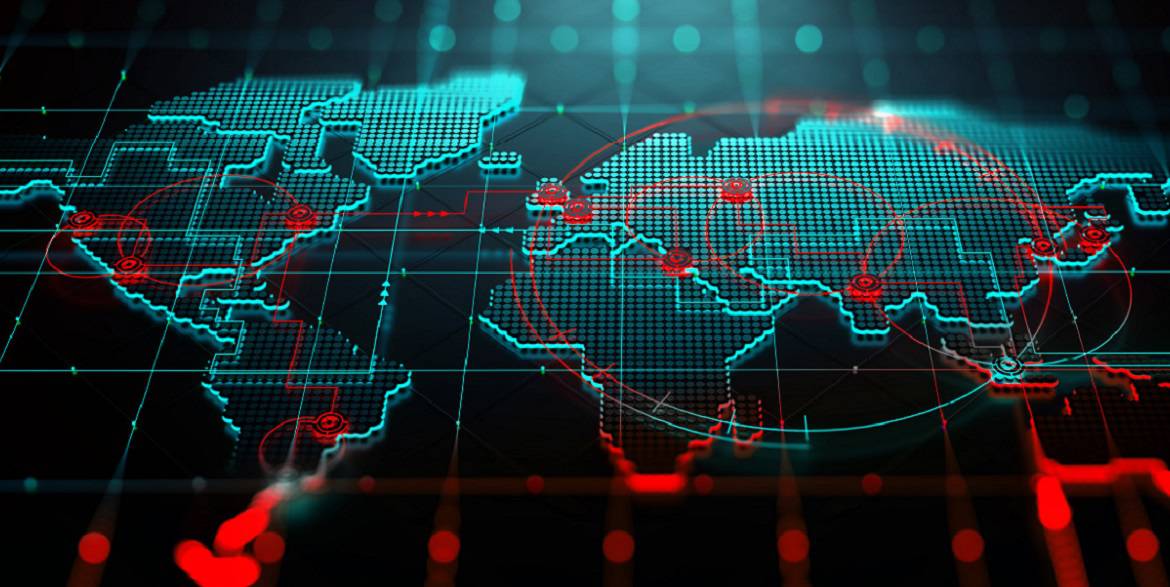In a sense, the difference between tomorrow's intensely digitised new world and our current one is very much like that between the industrial and pre-industrial worlds. From this perspective, the change cannot be described as anything other than revolutionary: the difference between the two worlds is not one of degree, but one of kind, because many systems and processes will look fundamentally different from today's systems and processes.
That is why the current differences in development between countries suddenly become irrelevant: the new world is new for all societies. And in the race to enter this new world it is much harder to be left behind.
Firstly, even if some countries will take a bigger lead than others in the race to implement new solutions (as we see today, for example, when we talk about "the digital divide"), the transfer of digital technology is much simpler and cheaper than the transfer of industrial technology. Therefore, it will be much easier for countries lagging behind to catch up.
Secondly, the industrial world was primarily a world of nations, with each state trying to protect its own industry in order to gain competitive advantages over other states, which it could use to gain access to raw material resources. It was not by chance that the industrial world was built on imperialist policies.
In other words, the industrial world was a hierarchical and conflictual one, in which the holders of industrial capital controlled the holders of raw materials, who were politically subordinate to them. Regardless of the form of organisation of the economy (capitalist or socialist), we thus had states that were considered 'powers' and states that were considered 'client states'.
By contrast, the digital world is by its nature an open, global, transnational world. A digital world is all the more functional the more widespread digitisation becomes. Consequently, even if some states will digitise faster than others, the strategic interest of digitised states will be to digitise the lagging ones, to bring them up to par with them - for exactly the same reason that the strategic interest of industrialised states was, on the contrary, to dominate non-industrialised ones: unlike industrial resources, digital resources are potentially infinite - and you can't really access them unless you digitise as much of the world as possible.
In short, whereas in the industrial world the strategic interest was conflict and domination, in the digital world the strategic interest of states is cooperation and resource transfer, because only in this way you can gain access to more digital resources.
The fundamental philosophy of the digital world is sharing, via open source collaboration. And this, as already stated, makes it in the direct interest of highly digitised countries to invest in the digitisation of other countries, so that new nodes of creative intelligence can join the nodes already created. The Internet is worthless if it is a network used by only a hundred intelligent people - but it becomes absolutely fundamental to the development of all if it becomes a network used by a billion people of all kinds, each of whom can freely contribute to the further development of the network.
All of the above are powerful incentives for digitisation, once started, to spread rapidly across the globe, so that all societies come to enjoy relatively similar living conditions in a relatively short time. In short, if we survive today's dangers (the most serious of which is global warming), we will witness the fastest and most massive narrowing of the development gap in human history.









